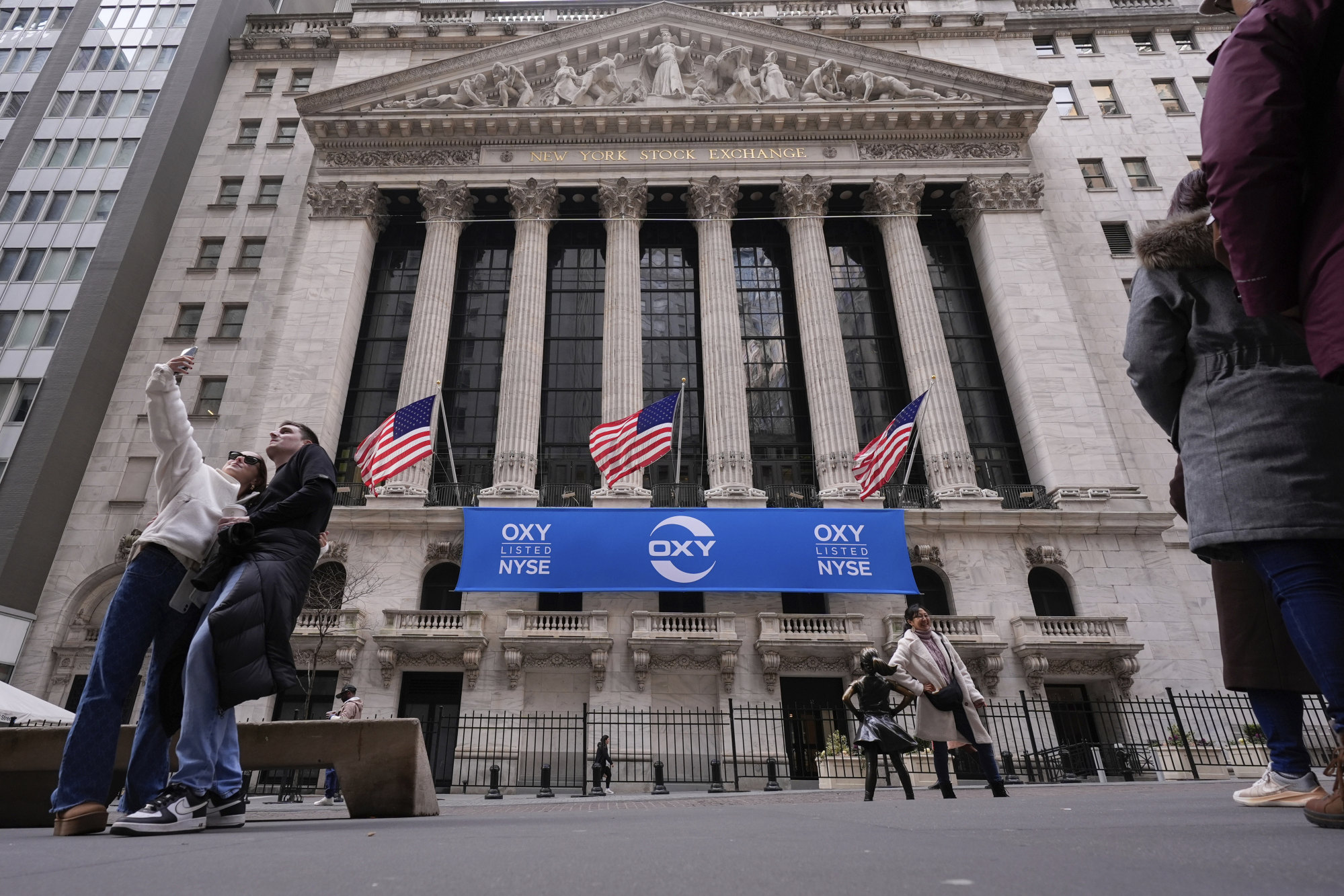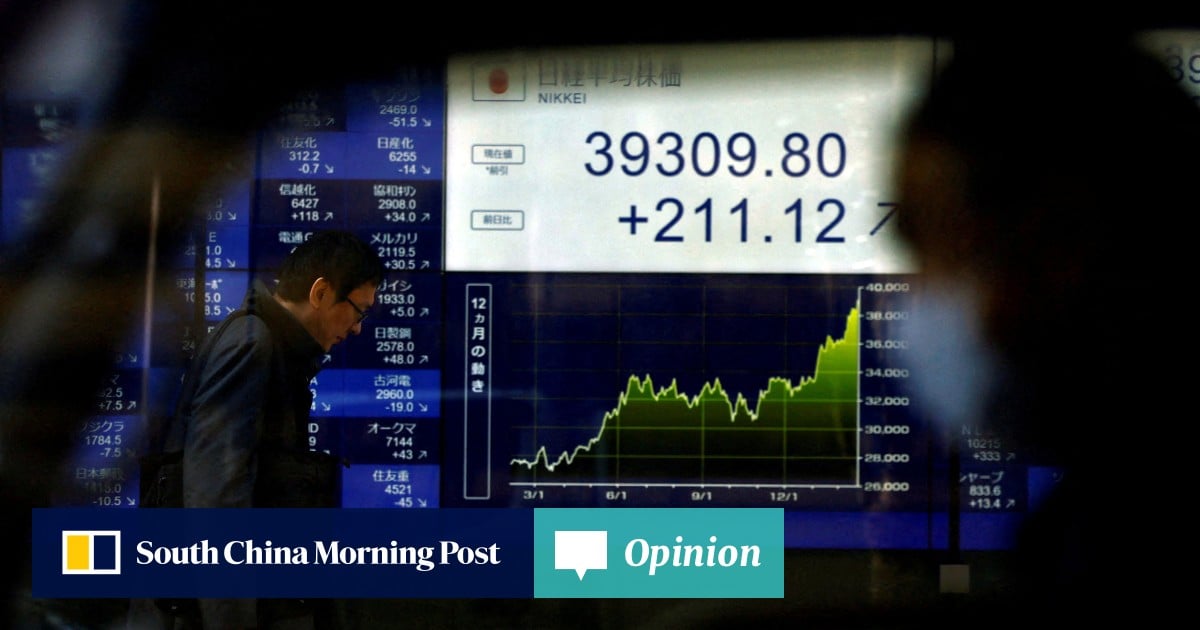We should be asking much deeper questions now than simply about whether and when another stock market bubble burst might come. We should be re-examining the role of private and public sectors in allocating financial resources to the global economy. Failure to do this could result in a dramatic rise in tax rates around the world as governments are forced to assume financing responsibilities that the private sector – stock investors in particular – have long eschewed.
As of early 2022, there were more than 58,000 companies listed on stock exchanges worldwide. Even with so large a number, there are huge areas of economic activity and social need that it does not encompass.
The Magnificent Seven and Granolas represent a minuscule portion of all listed stocks in the world by number. However, by value the septet of Alphabet, Amazon, Apple, Meta, Microsoft, Nvidia and Tesla account for more than US$13 trillion, making up an astonishing 28 per cent share of the S&P 500’s total value.
The Granolas – GSK, Roche, ASML, Nestlé, Novartis, Novo Nordisk, L’Oréal, LVMH, AstraZeneca, SAP and Sanofi – have a more modest valuation of about US$3 trillion. However, this still accounts for 25 per cent of the capitalisation of the Stoxx Europe 600 index.
The point is not just that these US and European giants absorb global savings and equity market liquidity to a disproportionate extent, or that current market euphoria is dangerously dependent upon the fortunes of just 18 stocks. It is that our collective savings, whether invested via pension funds, mutual funds, insurance companies or other vehicles, are focused on narrow tech and consumer stocks at a time when socioeconomic needs are huge elsewhere.
Take for example the requirement of US$100 trillion or more to combat climate change in the coming decades, or the trillions needed to remedy infrastructure deficiencies, or yet more for health needs. A stock market culture obsessed with technology and consumption rather than wider areas of investment can only result in repeated booms and busts because it is financing a limited range of assets.

The irony is that fund managers are constantly on the lookout for alternative investments beyond stocks and bonds, yet alternatives in socioeconomic areas are already staring them in the face. They need to cooperate with multilateral institutions such as the World Bank to package such investments in ways that make them accessible to equity investors.
A vast wealth-management industry has grown up in the market economies of the West and beyond. The value of global financial assets under management had grown to US$98 trillion by the year 2022, according to Boston Consulting Group.
Hong Kong’s star shines as Greater Bay Area’s rich tap tax breaks, incentives
Hong Kong’s star shines as Greater Bay Area’s rich tap tax breaks, incentives
Unless we all become more aware of wider social obligations and accept that our savings need to be directed towards meeting these needs, tax bills are likely to rise dramatically, In short, the world needs to take a more holistic view of financing, who should pay what, and how.
Anthony Rowley is a veteran journalist specialising in Asian economic and financial affairs

